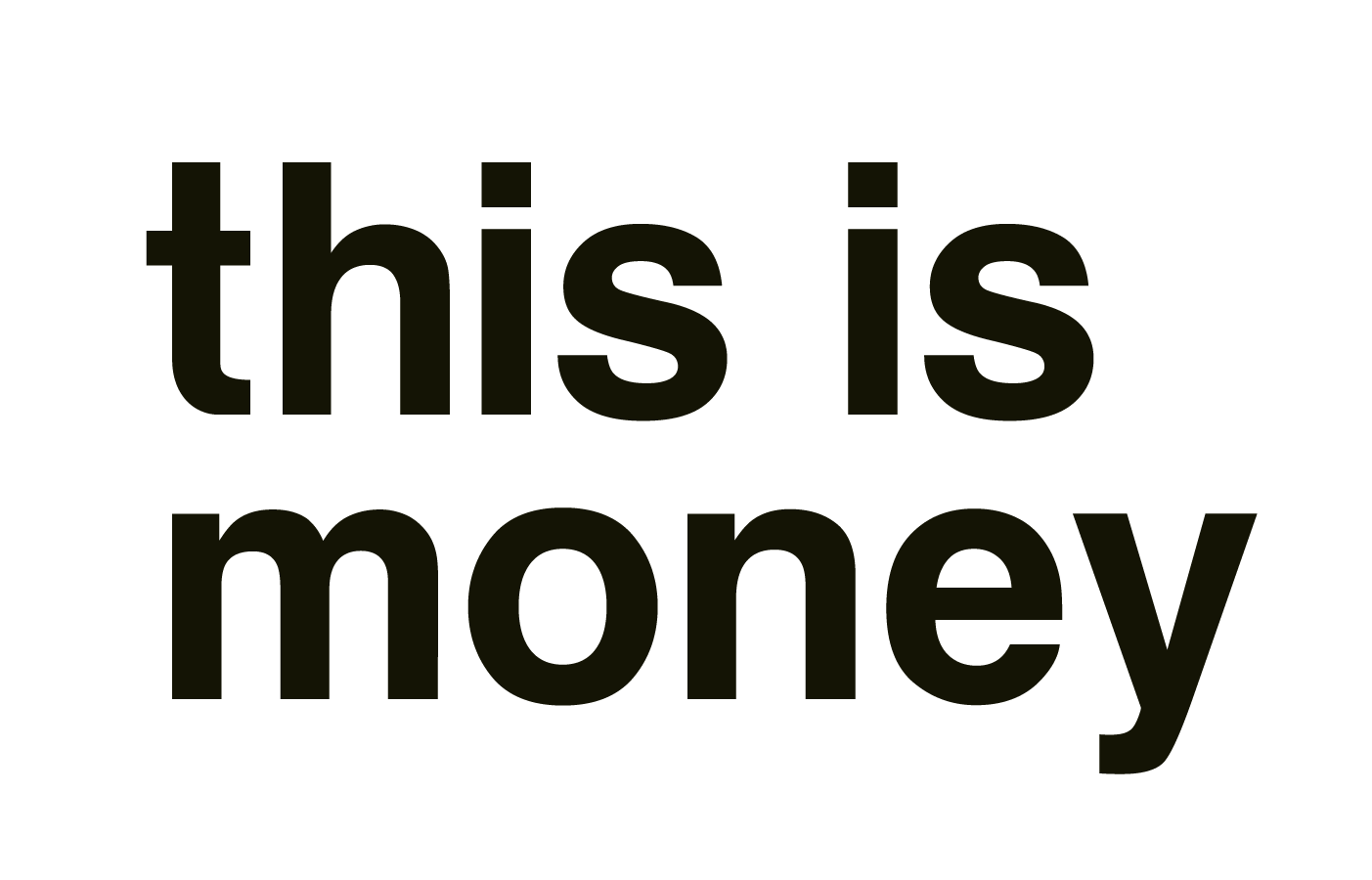how to save money rapidly
Maybe you are saving up for a short term goal like a holiday with your friends or family, or a bigger life goal like buying your first house - knowing how to save money rapidly can feel a bit overwhelming. How do you save money, especially quickly? Here’s some top tips we recommend to save money without a budget (shudder).
1. set your savings target + what’s needed each pay cycle
Know what you’re aiming for and write. it. down. There have been studies done on this and it works - you are statistically more likely to achieve your goal if you write it down. Be vivid in your description and specific with the target amount. It could look like this:
Goal: overseas trip to Fiji with partner - snorkeling, relaxing by the beach, yum dinners - $8,000 target
Weekly pay allocated: $200 p/w for 40 weeks
By being specific you’ll have a way to measure progress - structure is helpful for staying motivated and keeping on top of how you’re going.
2. automate your savings
By far, the biggest thing that stops people having a great savings muscle is in the mirror (hello me). What we need to do is set up an automated savings plan that removes the human element, because fun fact: we make mistakes! Set your banking up so on pay day your savings amount is sent to a separate savings account, removing you from the money management equation. It’s OK to have this with another bank so you’re not tempted to log in and move the money around. Set and forget - give it some time and you’ll start to save money. Do not install the banking app associated with your savings account on your phone and hide the card linked to the account - you won’t be using it, friend.
3. audit your automatic debits
We pay for pretty much everything with direct debt these days and although technology can be amazing, you have to keep your eye on it! How many direct debits are coming out of your account, and did you cancel that old thing from 2 years ago? With all the subscriptions we sign up for, donations, insurances – do you actually know what you pay for? Take stock, pay for only what you NEED or USE or ENJOY. Also take this moment to really assess whether that direct debit is needed while you save - can you press pause on that service or subscription until your savings goal is reached? Be prepared to make financial trade offs.
4. be prepared to make financial trade offs
Speaking of financial trade offs, now is the time to get really good at being ruthless in cancelling things. You don’t need 7 streaming services - plain and simple. Could you cancel half of them, maybe rotate one at a time, or be an absolute money saving wizard and cancel all of them, using free-to-air apps and library apps for free instead? Rarely does having 54 simultaneous financial goals work - for a while choose savings over bingeing TV. This is your big chance to save, so go hard!
4. set up a spending plan
Budget’s suck. They’re also so boring because the focus is on restricting your spending, rather than allowing you to spend without guilt. That’s why Glen created the Glen James Spending Plan - as a natural spender himself he knew that being given permission to spend money is a major mindset shift! This system allows every saver and spender to allocate money to the things they want to spend on. It also feeds into that idea of values based spending - what things do you value? What things do you want to prioritise with your money? Having this headspace means you allocate money into the things that make you happy and bring you joy in life!
Everyone has essential items to cover from their pay - your basics like accomodation, transport, bills, groceries. Beyond that you can spend, save, give and invest how you like!
If saving is what you value right now, then after those four essentials are covered, put savings next on the priorities list. Everything else, can wait.
5. get plastic surgery & get out of debt
It’s pretty simple, if you have paid one cent of interest on your credit card over the last 2 months and you still use your card – it’s time to go. Plastic surgery. Scalpel please! The fact is you are spending more than what you earn. We need to stop the leak. Also, your debt has to be paid off eventually. Do this, if possible, before you save - especially for goals like a first home deposit. For every $10,000 of personal loan or credit card debt you have - your borrowing capacity for a mortgage may be impacted by up to $40,000! Crazy!
6. limit how much you spend on rent/your mortgage
Housing costs are one of the biggest things we all pay for. A good rule is to not spend more than 30% of your net take home income (after tax) on rent/your mortgage. 25% is ideal. By reducing your rent/mortgage repayments, you can throw more money into your savings account. If possible try to share housing costs by finding a housemate, bunking with family for a bit or broadening your property search to slightly cheaper areas. If you are in a relationship, utilise the power of your combined take-home income!
7. choose a savings buddy
Why not have a savings buddy and keep each other accountable? One possible way to do this is to set up a different savings account, with a separate bank. Tell your savings buddy (or “accountability buddy”) to have half of the password and you the other half. That means, you need to go to them when you need to transfer money out. Purposefully lock yourself out of the account to keep your mitts off it!
8. increase your income
There are 6 ways you can increase your income - some are quicker, others are longer term - choose your own adventure:
ask for a pay rise. This probably will not work if you’re always late and leave at 4:59pm every day. Be diligent, demonstrate value added to the business and professionally ask for it to be considered.
start a side hustle specifically for your goal
work in sales - you get the benefit of a salary + commission from sales
become a specialist - by being the one professional that performs a specific role, you’ll be highly sought after and can set your own price!
become a manager of people and/or process - these managers help increase business revenue and are typically paid well as a result!
become a business owner - have the ability to cash in on the top performance of your business! But, everything comes back to you. Be ready for that.
These last 4 points are from Glen James’s advanced income quadrant - read this blog to learn more about these concepts.
9. clean out your stuff #minimalism
This one is easy. If you have stuff of major or minor value that is not a family heirloom and you have not used it in 2 years . . . SELL IT! It’s gone. Get rid of it. It’s just stuff - you can always buy more stuff. It’s amazing how much value some of us have laying around that can be sold with the cash put to savings. What have you got that needs to go?
10. downgrade your car
. . . if, the car (or cars if a couple) is worth more than 50% of your take home income (after tax) – you have too much car for your income. It will be acting like an anchor on your finances. Particularly, if you are over this limit and it will not be paid off within 2 years. If your take home income was $60,000 per year after tax – ensure your car is not worth more than $30,000. This is the limit. You are allowed to buy a second-hand car worth $10,000. Weird, right.
11. stop gambling
Here is an expert tip. The odds are not in your favour. Ever. The amount of people gambling now is crazy. It must be such a growing number due to the mass advertisement that has crept in with the use of smartphone apps. These companies wouldn’t advertise if there was no return on investment. If you’re into the pokies – get your dopamine release from somewhere else or seek professional help. It’s OK.
















